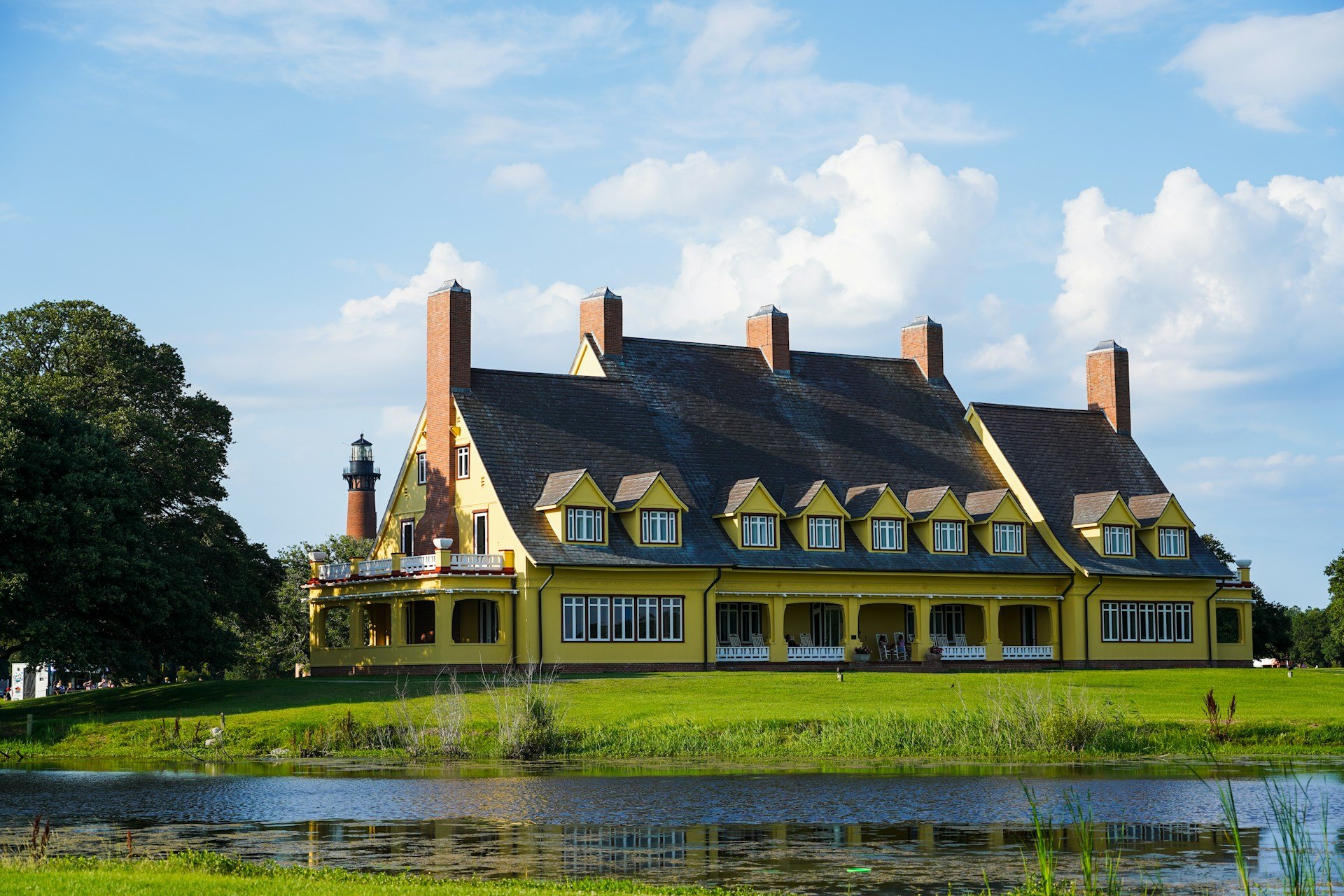Historic homes offer a unique charm and character that many modern properties simply can’t match. From timeless architecture to intricate craftsmanship, these homes embody a piece of history, making them highly desirable for buyers who value authenticity and heritage. However, owning a historic home comes with its own set of responsibilities, particularly in terms of maintenance and preservation. In this blog, we’ll explore the appeal of historic homes and offer essential care tips for buyers looking to invest in one of these architectural treasures.
1. The Unique Appeal of Historic Homes
Historic homes stand out for several reasons. They often feature architectural styles that reflect a particular era, such as Colonial, Victorian, or Craftsman, with details like ornate woodwork, original hardwood floors, and antique fixtures. The appeal lies in the craftsmanship and design elements that are difficult to replicate in modern homes. For buyers seeking homes with a story to tell, historic properties offer a direct connection to the past.
Beyond aesthetics, historic homes are often located in established neighborhoods with mature landscapes and proximity to local landmarks. Buying a historic home means becoming part of a community that values preservation and tradition, which can offer a sense of pride and belonging.
2. What Buyers Should Know About Historic Home Ownership
Before purchasing a historic home, it’s important to understand the additional considerations that come with these properties. Many historic homes are part of designated historic districts, which can come with restrictions on renovations and exterior modifications to maintain the integrity of the area. Buyers should be aware of local preservation guidelines and factor this into their renovation plans.
Additionally, buyers should conduct thorough inspections of the home, as older properties may have issues such as outdated plumbing, electrical systems, or structural concerns. It’s essential to work with inspectors and contractors experienced in historic homes to avoid surprises and ensure proper maintenance.
3. Caring for a Historic Home
Owning a historic home requires dedication to its upkeep and preservation. Here are key tips for maintaining these timeless properties:
Preserve Original Features: One of the most attractive aspects of historic homes is their original features, such as crown molding, stained glass windows, and hand-carved banisters. Whenever possible, maintain and restore these elements rather than replacing them.
Use Appropriate Materials: If repairs or renovations are needed, use materials and techniques that are true to the period of the home. This not only preserves the home’s character but also helps maintain its value. For instance, if a window needs to be replaced, choose one that matches the style of the original.
Regular Maintenance: Regular maintenance is key to preserving the beauty and structural integrity of a historic home. Pay close attention to the roof, foundation, and exterior materials. Small issues, such as water damage or pest infestations, can quickly escalate in older homes, so prompt attention to repairs is crucial.
Work with Specialists: Finding contractors who specialize in historic homes is important for any major renovations or restorations. These professionals understand the nuances of older buildings and can ensure that any updates respect the home’s original design.
4. Financial Incentives for Historic Home Buyers
Many buyers are unaware that owning a historic home may come with financial benefits. Some local governments and historic preservation societies offer tax incentives, grants, or low-interest loans for restoring and preserving historic homes. Buyers should research the potential benefits available in their area, as this can make the investment more affordable and rewarding.
For buyers who appreciate architectural history and unique design, historic homes offer a one-of-a-kind living experience. However, with that comes a commitment to maintaining the property’s character and integrity. By understanding the care involved and working with preservation experts, you can enjoy the beauty and charm of a historic home for years to come. If you’re considering investing in a historic property, make sure you’re prepared to balance preservation with modern comforts.


